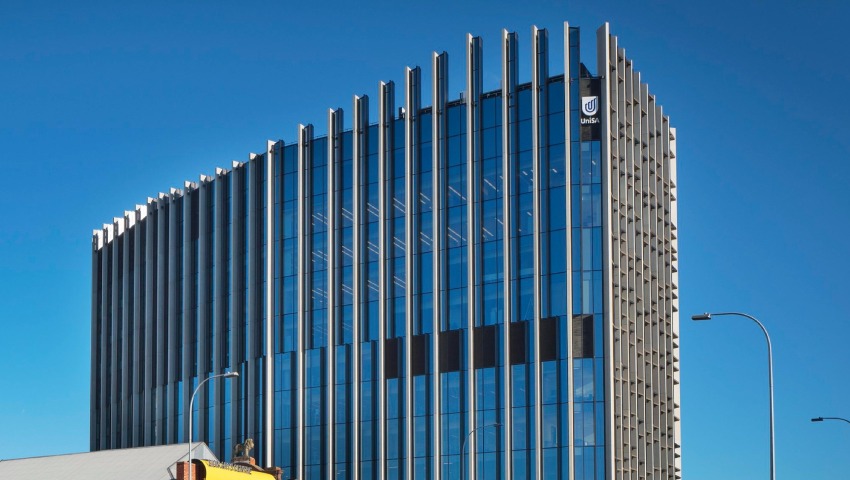The institution has secured federal government funding for the development of high-powered laser technology.
To continue reading the rest of this article, please log in.
Create free account to get unlimited news articles and more!
The Commonwealth government has awarded $1.8 million to the University of South Australia via the Defence Science and Technology Group (DSTG) to support the development of high-powered lasers for defence and manufacturing applications.
Professor of laser engineering at UniSA, David Lancaster, has been tapped to lead the three-year project in collaboration with the University of Adelaide.
Professor Lancaster said the project aims to reduce Australia’s dependence on foreign suppliers by bolstering sovereign capability.
“High-powered lasers are increasingly being used in defence and manufacturing, but despite a long history of developing lasers in Australia, our technology is still relatively immature compared to other countries,” he said.
“There is a substantial gap between the research outputs and the needs of our defence industry, so Australia has had to buy this technology from other countries, which is quite restrictive because most nations severely limit their exports of lasers.”
The high-powered laser technology is expected to combines multiple smaller lasers to support cheaper and more efficient production.
“In the past, I have worked on lasers that take years to build and cost millions of dollars,” Professor Lancaster continued.
“I think it’s more important to put years of effort to develop the technology and manufacturing processes to build many miniature and safer lasers which cost hundreds of dollars each. That is our aim.”
UniSA’s Laser Physics and Photonics Devices Lab has been tasked with manufacturing the lasers, with the University of Adelaide’s Institute for Photonics and Advanced Sensors to develop the specialist laser glass.
“The reason that UniSA and the University of Adelaide have been selected for this project is that our miniature laser technology and manufacturing processes are world leading and will supercharge the DSTG’s laser system program,” Professor Lancaster added.
The technology can also be used to support the manufacturing sector, used to cut, shape and weld industrial materials, particularly in the automotive, computer and clothing industries.
[Related: Supashock, Flinders University and DSTG team up to enhance vehicle testing]
Charbel Kadib
News Editor – Defence and Security, Momentum Media
Prior to joining the defence and aerospace team in 2020, Charbel was news editor of The Adviser and Mortgage Business, where he covered developments in the banking and financial services sector for three years. Charbel has a keen interest in geopolitics and international relations, graduating from the University of Notre Dame with a double major in politics and journalism. Charbel has also completed internships with The Australian Department of Communications and the Arts and public relations agency Fifty Acres.

 Login
Login








